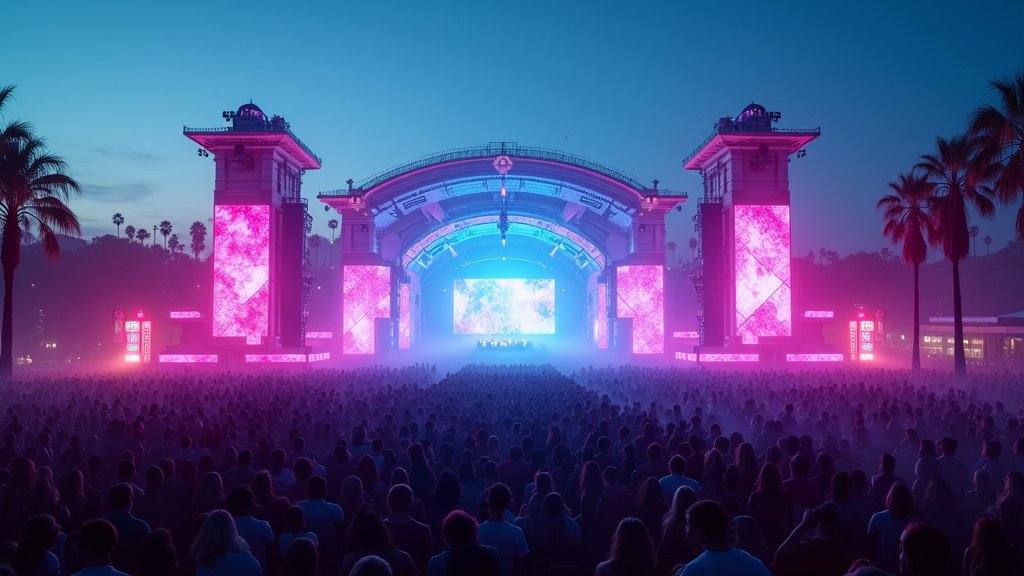Los Angeles, CA – The nearly five-month-long strike by the Writers Guild of America (WGA) has concluded, following the reaching of a tentative agreement with the major Hollywood studios and streamers. The resolution comes after a 148-day work stoppage that significantly impacted film and television production across the industry.
While specifics of the full contract are expected to be released publicly following approval, the core points of the tentative agreement address several key issues that were central to the dispute, particularly relating to the seismic shifts brought about by streaming services and the emerging concerns surrounding artificial intelligence (AI). The sentiment surrounding the agreement was encapsulated by remarks echoing, “Houston, we have a deal.”
Understanding the Agreement’s Core Provisions
The proposed contract, which is now subject to ratification by the WGA’s 11,500 members, includes significant gains aimed at increasing transparency and securing fair compensation in the digital age. It also establishes guardrails regarding the use of artificial intelligence in the writing process, a major point of contention as the technology rapidly advances.
Addressing the Streaming Economy
A critical component of the new deal is the provision for enhanced streaming transparency. According to details released, platforms like Netflix and Disney+ will now be required to share specific viewership data with the WGA. This data will cover both domestic and international viewership for original series, a crucial point for writers seeking compensation models that reflect the global reach of their work.
Previously, writers had limited access to this performance data, making it challenging to negotiate residuals and bonuses that accurately reflected the success and audience reach of shows made specifically for streaming. The new requirement aims to provide writers with the necessary information to advocate for fairer compensation based on the actual performance of their content.
In conjunction with data transparency, the agreement also establishes new bonus structures based on viewership for made-for-streaming shows and movies. This measure is designed to ensure that writers whose work performs exceptionally well on streaming platforms are compensated above and beyond their standard fees, creating a closer link between a project’s success and the writer’s earnings.
Navigating the Future of AI in Storytelling
The potential impact of artificial intelligence on the writing profession was another major hurdle in negotiations. The tentative agreement includes specific language designed to protect human writers and define the boundaries of AI usage in the creative process. Crucially, the deal clarifies that AI cannot write or rewrite scripts, a provision seen as essential to preserving the fundamental role of human writers in creating original narratives.
The agreement outlines conditions under which AI can be utilized. While writers can use AI with company approval, the contract explicitly states that companies cannot mandate its use by writers. This protects writers from being forced to incorporate AI into their creative process against their will or potentially being replaced by automated systems.
Furthermore, the deal acknowledges that studios can train AI using scripts, a common practice in developing the technology. However, the WGA has secured the right for writers to retain the right to challenge this practice in the future. This forward-looking clause provides a mechanism for the guild to address potential issues or changes in AI technology and its application as they evolve, ensuring ongoing dialogue and protection for writers.
Next Steps and Industry Impact
The tentative agreement must now be formally ratified by the WGA’s membership. The process is expected to involve guild leadership presenting the terms to members, followed by a vote. Given the duration and impact of the strike, there is cautious optimism regarding the outcome of the ratification process.
The end of the writers’ strike signals a potential return to normalcy for Hollywood production, which has been largely stalled. However, the industry still faces a strike by the Screen Actors Guild – American Federation of Television and Radio Artists (SAG-AFTRA), which remains ongoing. Full resumption of production will likely depend on resolving the actors’ labor dispute as well.
This tentative agreement represents a significant moment for the WGA and the entertainment industry, establishing precedents for how creative work is valued and protected in an era defined by technological disruption and evolving distribution models.





